Date: 14 Nov 2019
Kidneys are the central mating organ of the excretory system. They have a number of basic functions in our body, such as:
• filtering blood and separating waste products by urine
• regulation of water and electrolyte balance of the body
• regulation of blood pressure
• stimulation and regulation of erythropoiesis (by secreting erythropoietin)
• they participate in the exchange of Vit D3 as well as renin and prostaglandin
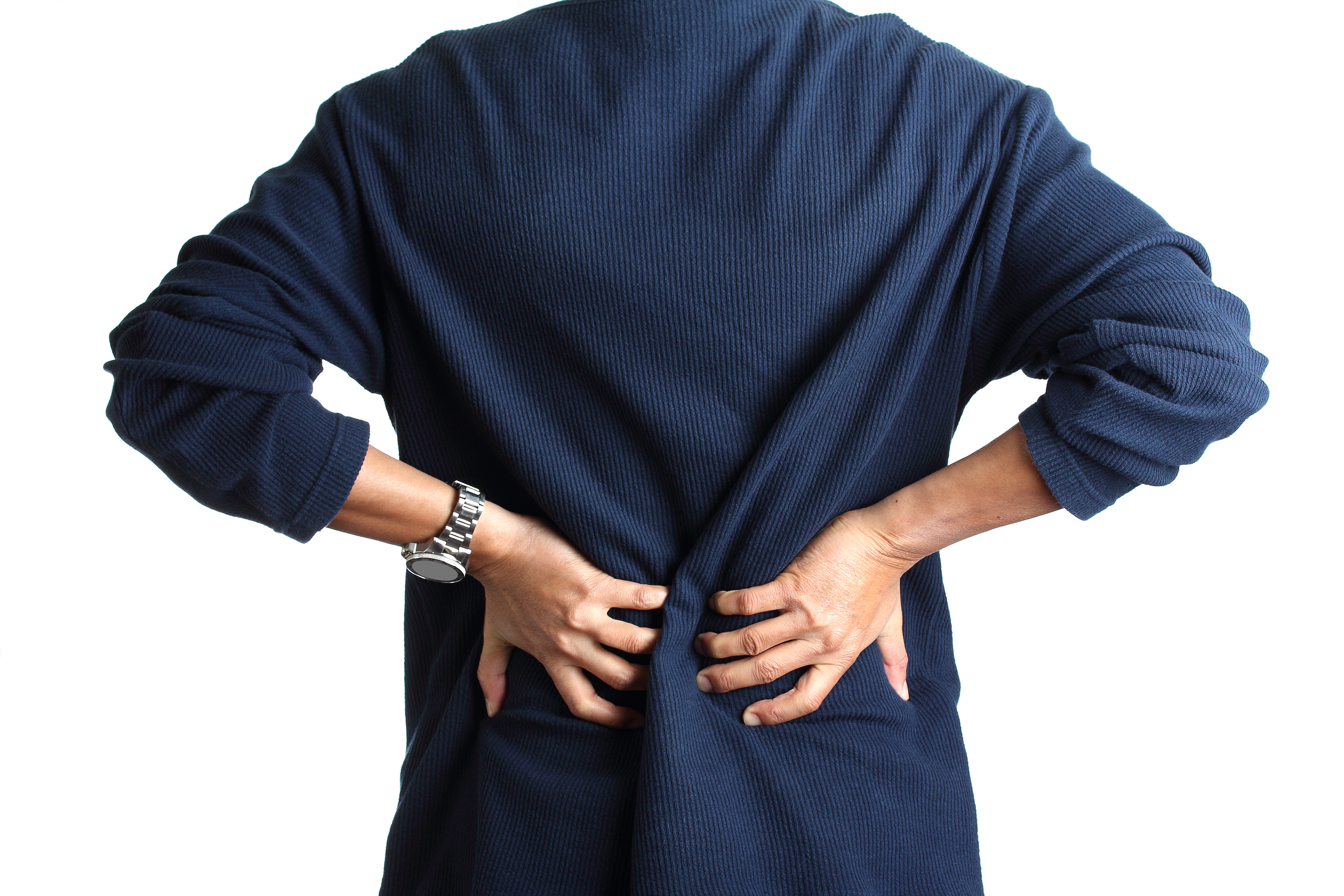
When the kidneys function properly, the homeostasis of the body is maintained (self-regulation of body constancy).
The main structural and functional unit of the kidney is the nephron. It is made up of glomerulus and tubules. In richly blooded kidneys, blood flow is self-regulated and relatively constant. During the formation of urine, a series of fine processes are performed, such as glomerular filtration, tubular reabsorption and tubular secretion, resulting in secretion of unnecessary or harmful substances, excess water, mineral salts and end products from metabolism in the body,. The kidneys secrete urea, ammonia, uric acid, pigments, creatinine and more. Urine also excretes the products of metabolism and other foreign substances to the body. The kidneys also maintain the body's water-salt balance.
All these functions (and many others) need to be maintained in a very good condition. This is achieved through a healthy lifestyle and a proper diet.
For the health of the kidneys, it is necessary to: Ingest enough water to support the excretion of toxins through urine; be careful when consuming alcohol, medicines, tobacco, salt and foods high in fat and sugar. All of the above can further burden the kidneys.
Ancient science Ayurveda also offers a prophylactic approach through herbs, herbal potions or ready-made herbal combinations in the form of modern pharmaceutical forms. Dr. Vasant Lad (one of the most famous doctors in Ayurveda) recommends the following home remedy for kidney problems: tea, made of cumin, coriander and dill. Pour equal parts of the herbs into a glass of hot water. Drink 2-3 cups a day.
Himalaya recommends taking CYSTONE tablets for kidney discomfort and grit. The herbal extracts included in this product have a pronounced anti-inflammatory effect, a diuretic effect and a balancing effect on the concentration of salts in the urine (in urine grains). In this regard, Cystone has a very good effect on the imbalance of increased uric acid in gout.
In my medical practice, I have seen many patients with cystitis who were improved after taking Cystone.
For best results, it is recommended to take two tablets Cystone 3 times per day for 3 months.
Dr. Ivan Nikolov


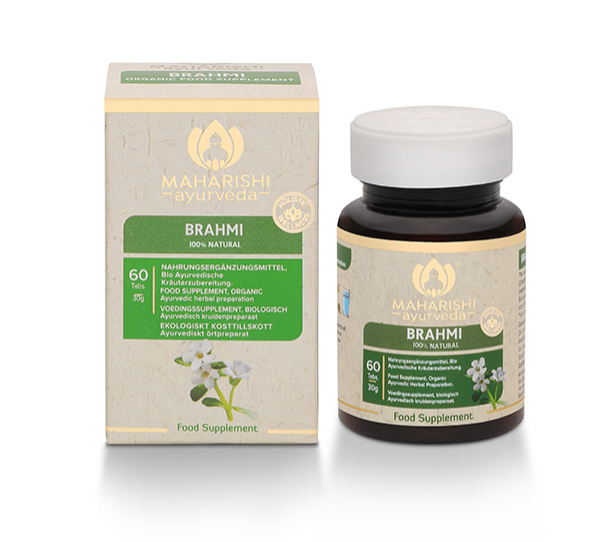
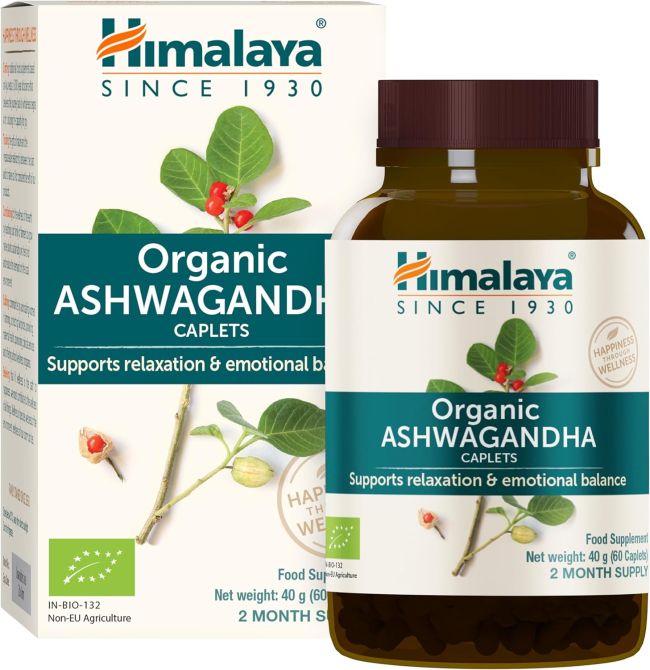
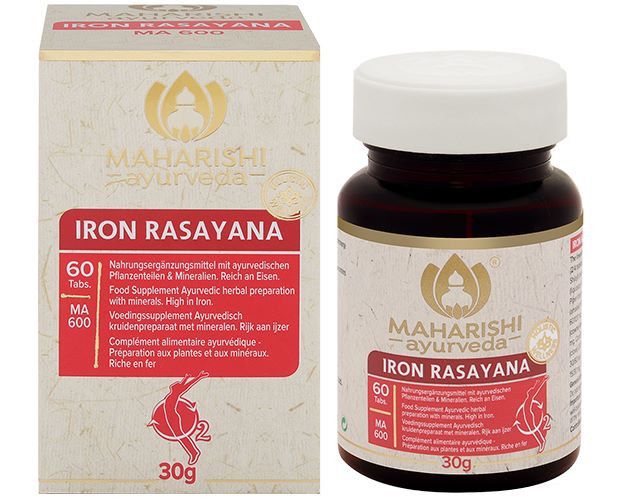

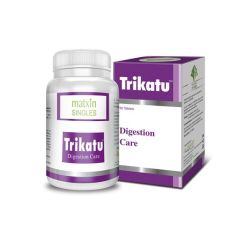









Post comment